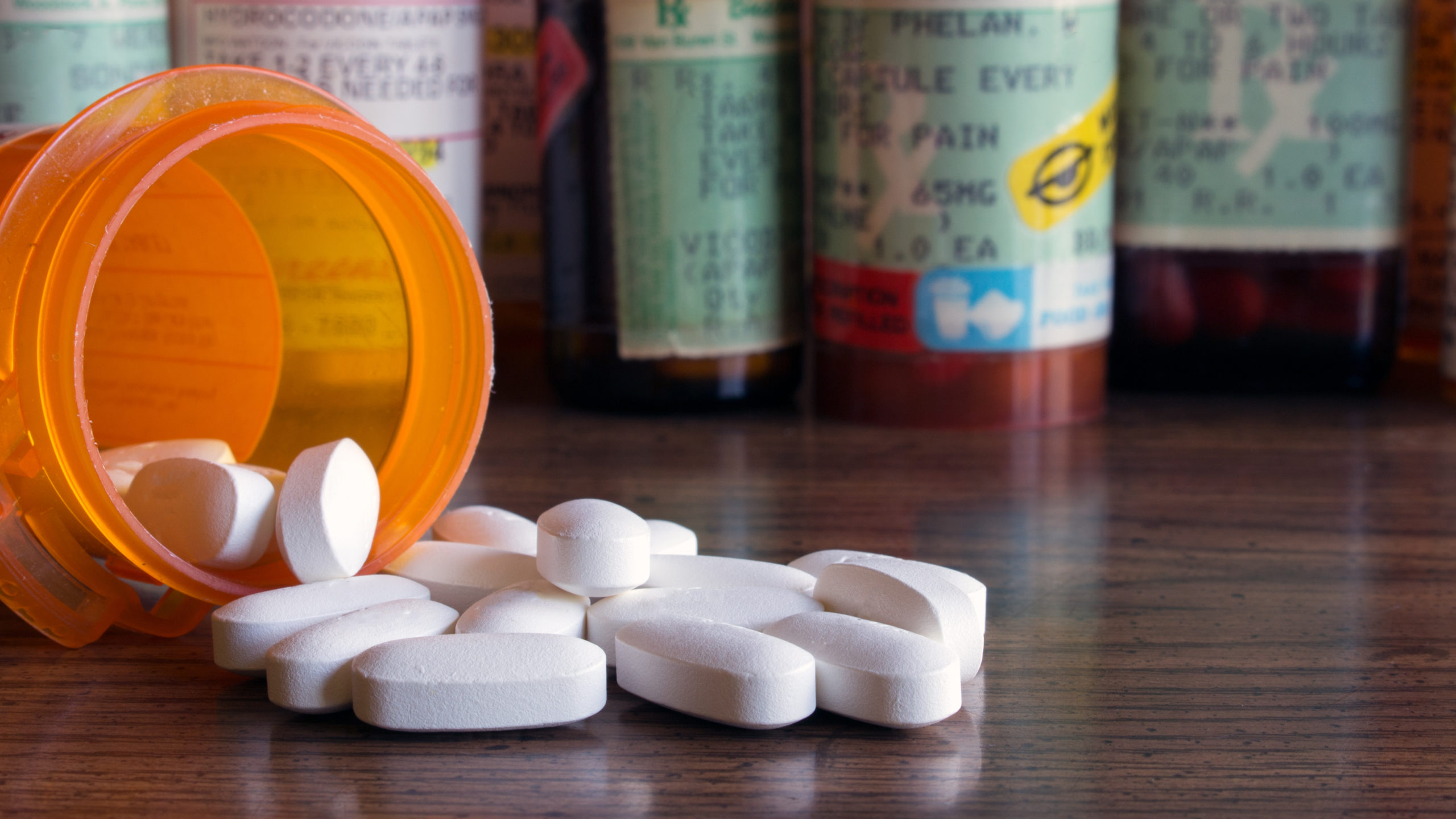
Causes and risk factors of opioid abuse are varied and complex. Furthermore, the identifying signs of opioid abuse are sometimes subtle and difficult to identify.
Regardless, the first step in any addict’s recovery journey is recognizing that they have the problem. it is impossible to recognize that one has a problem without knowing the signs of opioid abuse first. To learn about the most common signs of opioid abuse, scroll down.
Opioid Abuse Explained
Opioids are often used for pain relief and sleep induction. Opiates confound naturally in the form of opium or morphine, but most opiates today are synthetic and derived from these substances.
Although opiates can be helpful in the medical community, opioids are also highly addictive and create many problems after prolonged use. Prescription medications like hydrocodone and oxycodone all fall into this category, as well as street drugs like heroin.
Opioids are highly addictive for multiple reasons. Firstly, these drugs create a sense of safety and euphoria, as well as relieve pain. These are feelings that some people may become addicted to and compulsively seek out from the substance, especially if they don’t have other ways to work through the pain.
Long-term opioid use can even lead to physical dependence. Whenever an individual uses opioids for a long time, their brain is unable to naturally produce endorphins. Endorphins are the body’s natural response to pain. As a result, the individual is unable to regulate and manage pain as a normal person.
Once this point is hit, the individual needs the substance to maintain the same sense of happiness and contentment as before. If the addict stops taking the substance, their body will go through a withdrawal process, which involves unpleasant symptoms and feelings. Most addicts will go to great lengths to avoid these feelings.
Causes and Risk Factors of Opioid Abuse
The causes and risk factors of opioid abuse are not fully understood. Research has shown that there is a genetic predisposition to opioid addiction. In other words, someone who has a parent who is an addict may be predisposed to addiction.
In addition to genetic factors, there are environmental factors that may increase the risk of opioid abuse. Early childhood trauma, overall trauma, mental disorders, and prolonged stress are all environmental factors that often lead to opioid abuse.
Physical illnesses can also be a risk factor for opioid abuse. Individuals who suffer from severe pain, such as after surgery, are more at risk of opioid abuse. Opioid use may begin innocently as a way to manage the pain, but it may escalate to addiction.
What are the Signs of Opioid Abuse?
Opioid abuse and addiction come with many symptoms. These symptoms can be broken down into four categories: mood symptoms, physical symptoms, psychological symptoms, and behavioral symptoms.
Mood Symptoms
- Depressed mood
- Lack of motivation
- Hyperactivity
Physical Symptoms
- Weight loss
- Diarrhea
- Joint and muscle pain
- Nausea and vomiting
- Headaches
- Itchy skin
- Cramping
Physiological Symptoms
- Distorted perception of reality
- Depression
- Loss of concentration or interest
- Mood swings
- Extreme behavior changes
- Confusion or disorientation
- Anxiety
Behavior Symptoms
- Diminished coordination
- Withdrawn socially
- Slowed or slurred speech
- Loss of interest in activities once enjoyed
- Stealing from loved ones and/or other illegal activities
When to Get Help
If you notice that your loved one is experiencing the symptoms above, as well as an increased tolerance to opioids, it is time to get help. Both physical dependence and psychological addiction require medical intervention through treatment.
Call Elysium Healthcare Today!
Elysium Healthcare provides comprehensive rehabilitative services for individuals who suffer from addiction. If you or a loved one suffers from the symptoms above, call Elysium Healthcare today in order to learn more about our services and to begin the road to recovery.








No comment yet, add your voice below!